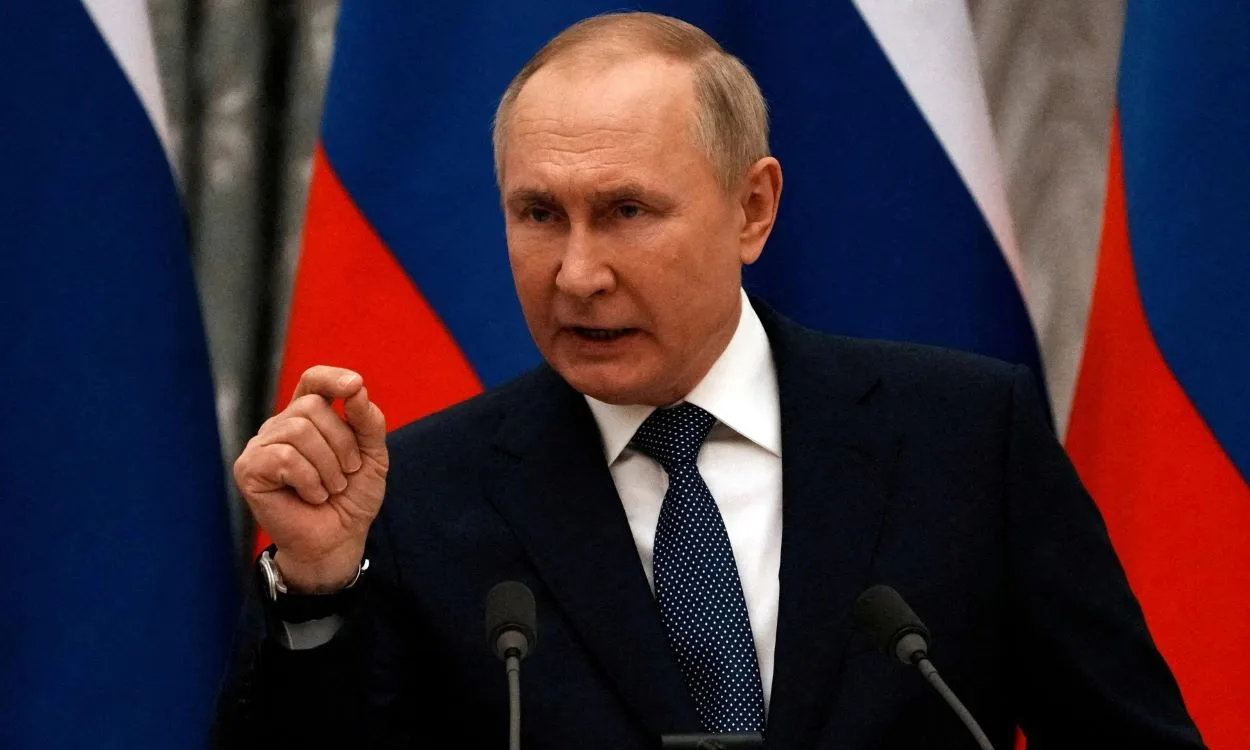Russian President Vladimir Putin has levelled allegations against NATO member Poland, claiming the country harbours territorial aspirations towards the former Soviet Union. These remarks, delivered during a Security Council meeting, have sparked concerns over potential escalations in regional tensions.
The Russian leader asserted that any aggression towards Belarus, Russia’s ally, would be construed as a direct assault on Russia. Putin’s contentious comments have spurred apprehensions of potential military conflict. He strongly indicated that Moscow’s response to perceived threats against Belarus would be rapid and comprehensive, employing all resources at their disposal.
The tensions originated from Poland’s decision to move its military units towards its eastern borders. This action was in response to reports of deploying Russian Wagner mercenary forces in Belarus, a nation that shares a “Union State” agreement with Russia.
Responses and Repercussions Amid Heightened Tensions
Poland’s Prime Minister, Mateusz Morawiecki, took to social media to refute Putin’s allegations, underlining Poland’s commitment to peaceful coexistence. In his Twitter post, Morawiecki highlighted the undisputed historical truth of Stalin’s atrocities against hundreds of thousands of Poles.
German Defense Minister Boris Pistorius has affirmed Germany’s and NATO’s readiness to assist Poland in safeguarding the military alliance’s eastern flank. Pistorius conveyed his country’s solidarity with Poland during these tense times.
The scenario took an unexpected twist when Yevgeny Prigozhin, the leader of the Wagner group, announced suspending his mercenaries’ participation in the Ukrainian conflict. Instead, they would focus on training the Belarusian army for potential African operations.
The unfolding scenario draws the close attention of international observers, especially given reports of Russian tactical nuclear weapons in Belarus. Despite the heightened tension, diplomatic channels are still functional, with calls for Russia and Poland to engage in dialogue to avoid escalation in hostilities.
The international community remains hopeful for a peaceful resolution, with experts and diplomats stressing the importance of open communication and finding common ground to prevent potential regional catastrophes.






